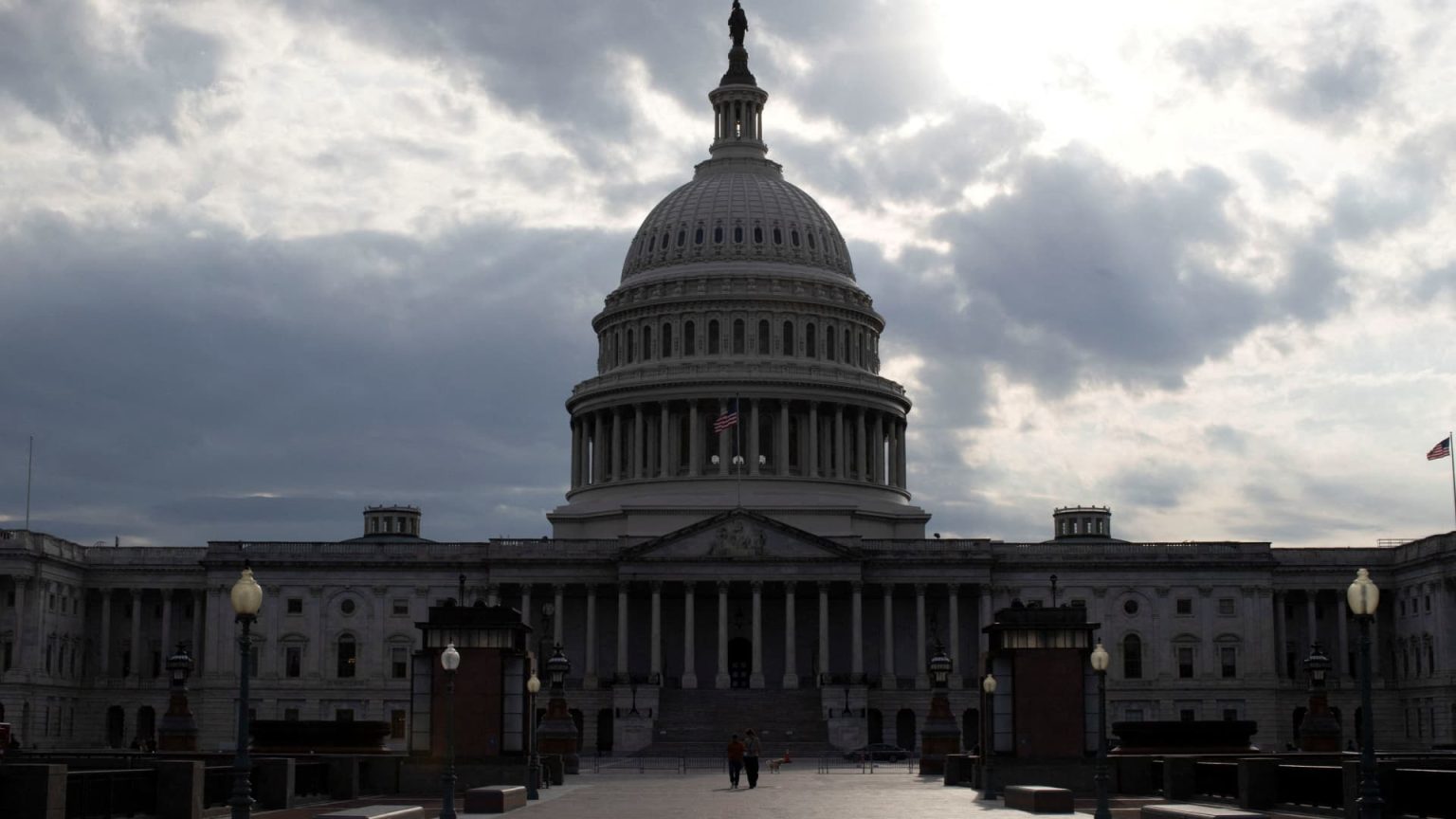The government debt in the United States has surged nearly 50% since the early days of the Covid-19 pandemic, reaching a total of $34.5 trillion, which is about $11 trillion higher than it was in March 2020. This represents more than 120% of the U.S. economy. Concern over these high levels of debt has expanded beyond partisan debates in Capitol Hill to include government and finance heavyweights. Federal Reserve Chair Jerome Powell recently warned about the need to address the structural deficits and rising debt levels sooner rather than later.
The Congressional Budget Office (CBO) has projected that the debt held by the public will continue to rise from the current 99% of GDP to 116% over the next decade. Budget deficits have been a major driver of the increasing debt, with the CBO forecasting a $1.6 trillion shortfall in fiscal 2024, growing to $2.6 trillion by 2034. These deficit levels have historically been associated with major economic downturns like World War II, the 2007-2009 financial crisis, and the Covid-19 pandemic. JPMorgan Chase CEO Jamie Dimon and other financial experts have emphasized the importance of addressing the fiscal deficit issues to prevent future economic problems.
Foreign holdings of U.S. federal debt have continued to increase, indicating that U.S. Treasury bonds are still considered a safe investment. However, there are concerns that rising bond yields could impact the equity markets. Rising interest costs could crowd out other government spending and lead to unsustainable long-term financial trajectories for the U.S. Wolfe Research analysts warn about potential consequences if the U.S. does not address its fiscal imbalances and rising debt levels. Interest rate hikes by the Federal Reserve have further complicated the debt situation.
The outcome of the presidential election could have some influence on the fiscal situation, with potential changes in tax policies depending on the party in power. However, the biggest challenge for the budget lies in the spending on Social Security and Medicare, with limited prospects for reform under any election scenario. The U.S. faces a critical juncture in managing its debt and deficits, with the need for action sooner rather than later to prevent potential economic consequences in the future. Financial experts and government officials stress the importance of addressing the structural deficits and rising debt levels to ensure long-term fiscal stability and avoid a potential market backlash.













